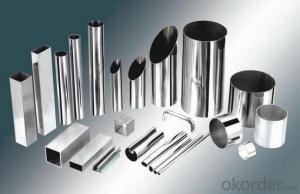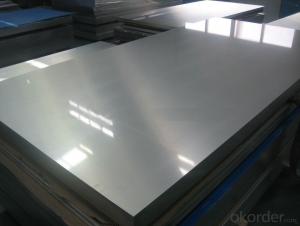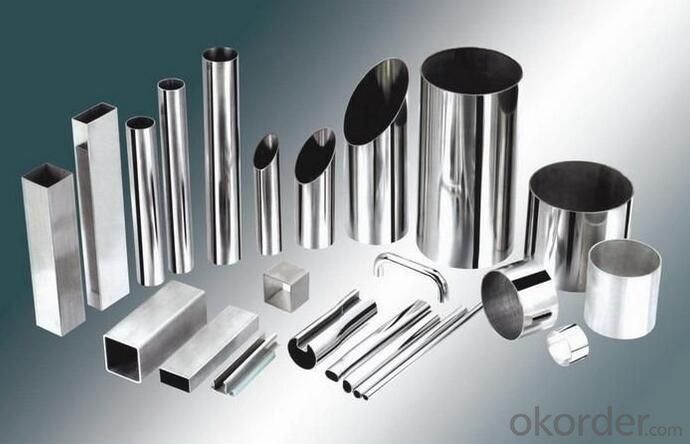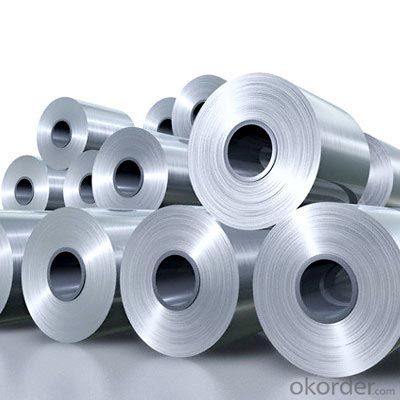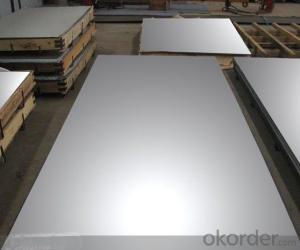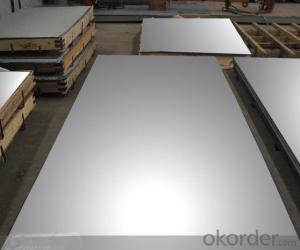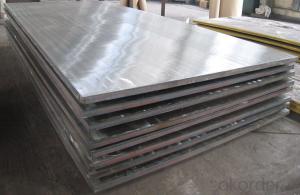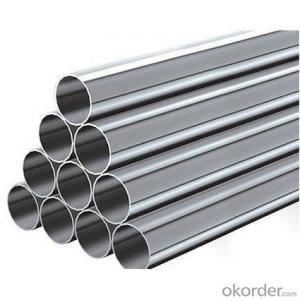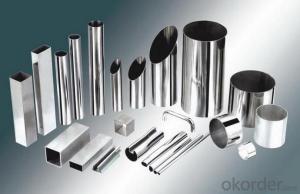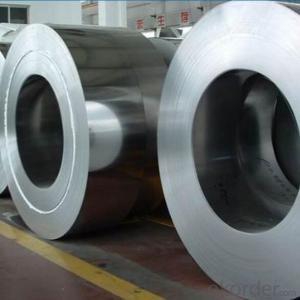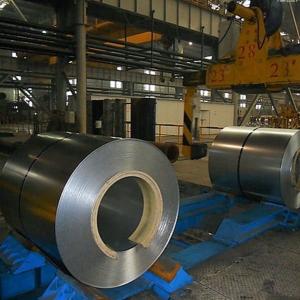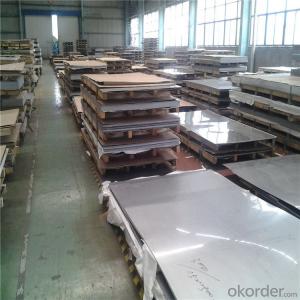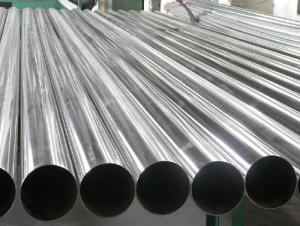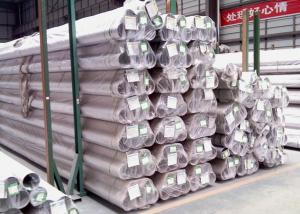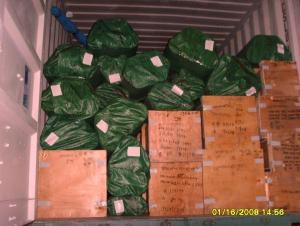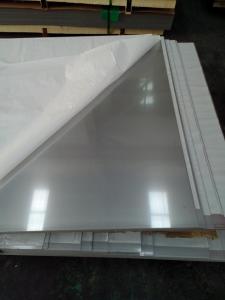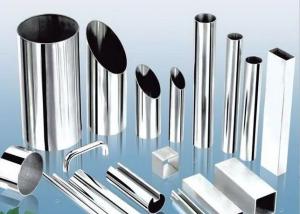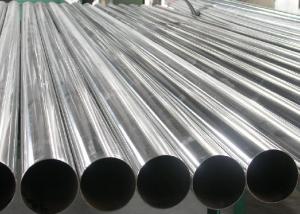304 Stainless Steel Price per kg, 304 316 Stainless Steel Sheet and Coil
- Loading Port:
- Shanghai
- Payment Terms:
- TT OR LC
- Min Order Qty:
- 1 m.t.
- Supply Capability:
- 20000 m.t./month
OKorder Service Pledge
OKorder Financial Service
You Might Also Like
Specification
304 Stainless Steel Price per kg, 304 316 Stainless Steel Sheet and Coil
Packaging Details:Wooden pallets,water proof paper-20'GP or 40'GP for stainless steel sheet.
Delivery Detail:within 5-7 days after receiving the deposit
1. Specifications about stainless steel sheet
Commodity | Professional 430 201 202 304 304l 316 316l 321 310s 309s 904l stainless steel sheet |
Grade | 201,202,304,304L,316,316L,310S,309S,321,301,310,410,420,430,904L |
Brand | TISCO ,BAOSTEEL,POSCO,JISCO,LISCO |
Certification | SGS,BV,IQI,TUV,ISO,etc |
Thickness | 0.2mm-150mm |
Width | 1000,1219,1250,1500mm, or as your requirements |
Length | 2000,2438,2500,3000,6000mm, or as your requirements |
Surface | No.1, 2B, BA, 8K Mirror, Hairline,satin, Embossed,brush,No.4,HL,matt,pvc film,laser film. |
Standard | ASTM,AISI,SUS,JIS,EN,DIN,GB, ASME,etc |
Delivery time | 5-7 days after confirming the order |
MOQ | 1 Ton |
Advantages | Showing the splendor of your quality, wearresistant as well , strong corrosion resistance and decorative effect, durable and beautiful in good taste. |
2.Production Flow about stainless steel sheet
Raw materials are sending to hot rolling units for rolling into different sizes
Hot rolled material is annealing in cold; rolled annealing furnace and pickling in acid.
All mill rolls are grinded on precision grinding machine with proper chamfering after first shiftoperation.
All sheets are pickled in different tanks and dried on brush roll machine before dispatched.
These sheets are again annealing and are sent to straighten machine for straightening.
Inspections are done at various stages. Keep proper control overall internal process via rolling,annealin and pickling by our experienced staff.
3.Surface--stainless steel sheet
| Surface Finish | Definition | Application |
| 2B | Those finished, after cold rolling, by heat treatment, pickling or other equivalent treatment and lastly by cold rolling to given appropriate luster. | Medical equipment, Food industry, Construction material, Kitchen utensils. |
BA/8K mirror | Those processed with bright heat treatment after cold rolling. | Kitchen utensils, Electric equipment, Building construction. |
| NO.3 | Those finished by polishing with No.100 to No.120 abrasives specified in JIS R6001. | Kitchen utensils, Building construction. |
| NO.4 | Those finished by polishing with No.150 to No.180 abrasives specified in JIS R6001. | Kitchen utensils, Building construction, Medical equipment. |
| Hairline | Those finished polishing so as to give continuous polishing streaks by using abrasive of suitable grain size. | Building Construction. |
| NO.1 | The surface finished by heat treatment and pickling or processes corresponding there to after hot rolling. | Chemical tank, pipe. |
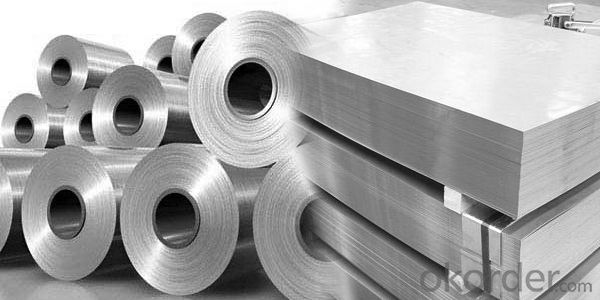
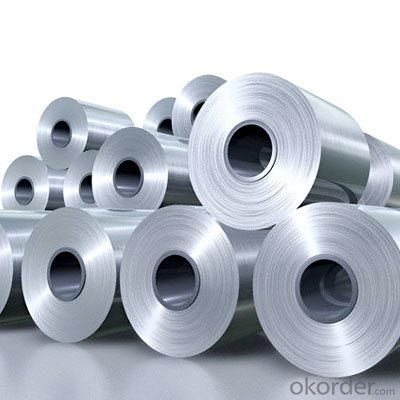
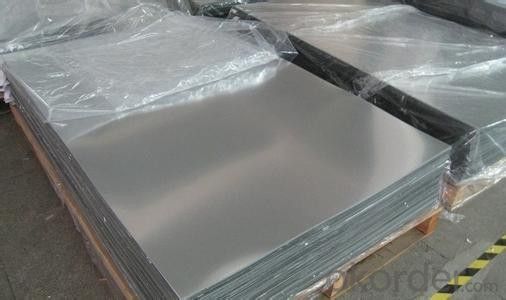
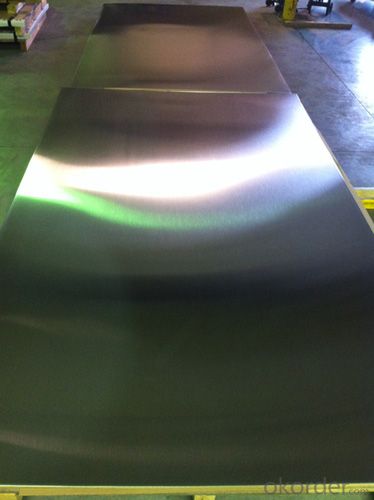
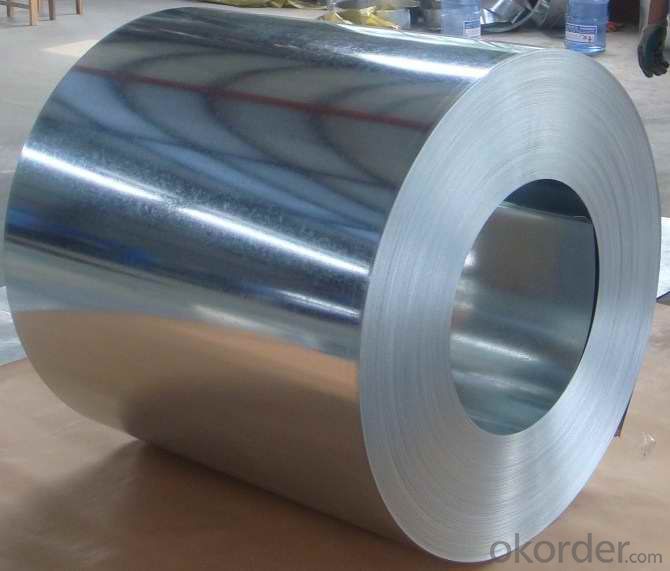
- Q: Can stainless steel sheets be used for fireplaces?
- Yes, stainless steel sheets can be used for fireplaces. Stainless steel is a popular material for fireplace construction due to its high resistance to heat and corrosion. It is durable and can withstand the extreme temperatures generated by a fireplace, making it a suitable choice for both indoor and outdoor fireplaces. Additionally, stainless steel sheets can be customized and fabricated to fit any fireplace design, offering versatility in aesthetics and functionality.
- Q: Can stainless steel sheets be used for walkways and platforms?
- Yes, stainless steel sheets can be used for walkways and platforms. Stainless steel is a durable and corrosion-resistant material, making it suitable for outdoor applications. It provides strength and stability, making it a popular choice for constructing walkways and platforms in various industries, including industrial, commercial, and architectural settings.
- Q: Can stainless steel sheets be formed into different shapes?
- Yes, stainless steel sheets can be formed into different shapes. Stainless steel is a versatile material that can be easily manipulated through various forming processes such as bending, rolling, and stretching. These processes allow stainless steel sheets to be shaped into various forms, including curves, angles, cylinders, and complex geometries. The malleability and ductility of stainless steel sheets make them ideal for applications that require customized shapes and designs. Additionally, stainless steel's resistance to corrosion and high temperatures make it a popular choice for shaping into different forms in industries such as architecture, construction, automotive, and manufacturing.
- Q: Can stainless steel sheets be used for swimming pool construction?
- Yes, stainless steel sheets can be used for swimming pool construction. Stainless steel is a durable and corrosion-resistant material, making it suitable for withstanding the harsh conditions of a swimming pool environment. It is commonly used for constructing pool walls, floors, and other structural components.
- Q: Can stainless steel sheets be welded?
- Yes, stainless steel sheets can be welded. Stainless steel is a versatile material that can be welded using various welding techniques such as TIG (Tungsten Inert Gas) welding, MIG (Metal Inert Gas) welding, or spot welding. However, the specific type of stainless steel and the thickness of the sheet will determine the most suitable welding method. It is important to ensure proper surface preparation, cleanliness, and the use of appropriate filler materials to achieve a strong and durable weld. Additionally, stainless steel has a higher thermal conductivity compared to other metals, so it may require more precise control of heat input during the welding process to prevent distortion or warping of the sheet.
- Q: Can stainless steel sheets be used for athletic equipment?
- Yes, stainless steel sheets can be used for athletic equipment. Stainless steel is known for its durability, corrosion resistance, and strength, making it an ideal material for various athletic equipment applications. It is commonly used in the construction of gym equipment such as weightlifting bars, dumbbells, and exercise benches. Stainless steel sheets are also used to manufacture basketball hoops, soccer goalposts, and other outdoor sports equipment due to their ability to withstand harsh weather conditions. Additionally, stainless steel sheets can be customized and fabricated into different shapes and sizes, making them versatile for various athletic equipment needs.
- Q: What are the different types of mirror finishes available for stainless steel sheets?
- Stainless steel sheets offer a variety of mirror finishes, each with its own distinct look and reflectivity level. The most commonly used mirror finish is the #8 Mirror Finish. It boasts a highly polished surface that resembles a mirror, providing exceptional clarity and reflectivity. Achieving this finish involves using progressively finer grit abrasive compounds during the polishing process. If you're looking for a slightly less reflective option, the #7 Mirror Finish is a great choice. It still offers a high level of reflectivity and showcases a smooth, shiny surface with minimal distortion. For a moderately reflective surface with a slightly duller appearance, consider the #6 Mirror Finish. This finish hides minor surface imperfections while providing good reflectivity. It's often used in architectural applications that require a balance between reflectivity and durability. If you prefer a more subtle and sophisticated look, the Satin Mirror Finish is perfect. It features a satin-like appearance with a brushed texture, resulting in a low level of reflectivity. This finish is commonly used in decorative applications like interior design or furniture. For a vintage or aged appearance, the Antique Mirror Finish is ideal. It involves applying special chemical treatments to the stainless steel surface, creating a reflective surface with a distorted and tarnished look. This finish adds a unique and artistic touch to various applications. Ultimately, the decision on which mirror finish to choose depends on your desired level of reflectivity, aesthetic preferences, and the specific requirements of your application.
- Q: What kind of screws do you choose for stainless steel plates?
- Because boards are often used for decoration, the best choice is not to be fixed with screwsJust use good glue, OKIf the plate is for other purposes, if the demand is not high, ordinary will do
- Q: What is the lifespan of stainless steel sheets?
- The lifespan of stainless steel sheets can vary depending on various factors such as the grade of stainless steel used, the environment it is exposed to, and the level of maintenance it receives. However, with proper care and maintenance, stainless steel sheets can last for several decades or even longer.
- Q: How do you remove water spots from stainless steel sheets?
- Achieving water spot-free stainless steel sheets is simple with these steps: 1. Begin by thoroughly cleansing the surface using a mild dish soap and warm water solution. This will eliminate any dirt or grime that might contribute to the presence of water spots. 2. Rinse the sheets with fresh water and dry them completely using a soft cloth or towel. This is crucial to prevent the formation of new water spots during the cleaning procedure. 3. Subsequently, create a mixture of equal parts white vinegar and water. Immerse a clean cloth or sponge into the solution, ensuring to remove any excess liquid. 4. Gently rub the affected areas of the stainless steel sheets with the vinegar solution-soaked cloth or sponge. Make sure to follow the grain of the stainless steel in order to avoid scratching the surface. 5. Once the water spots have been rubbed, rinse the sheets with clean water and thoroughly dry them again using a soft cloth or towel. 6. If the water spots persist, you can attempt using a stainless steel cleaner or polish specifically formulated for eliminating stains and water spots. Follow the instructions provided with the cleaner and test it on a small, inconspicuous area beforehand to ensure it does not harm the stainless steel. Always remember to utilize soft materials and gentle cleaning techniques when dealing with stainless steel to prevent scratching or damaging the surface.
Send your message to us
304 Stainless Steel Price per kg, 304 316 Stainless Steel Sheet and Coil
- Loading Port:
- Shanghai
- Payment Terms:
- TT OR LC
- Min Order Qty:
- 1 m.t.
- Supply Capability:
- 20000 m.t./month
OKorder Service Pledge
OKorder Financial Service
Similar products
Hot products
Hot Searches
Related keywords
